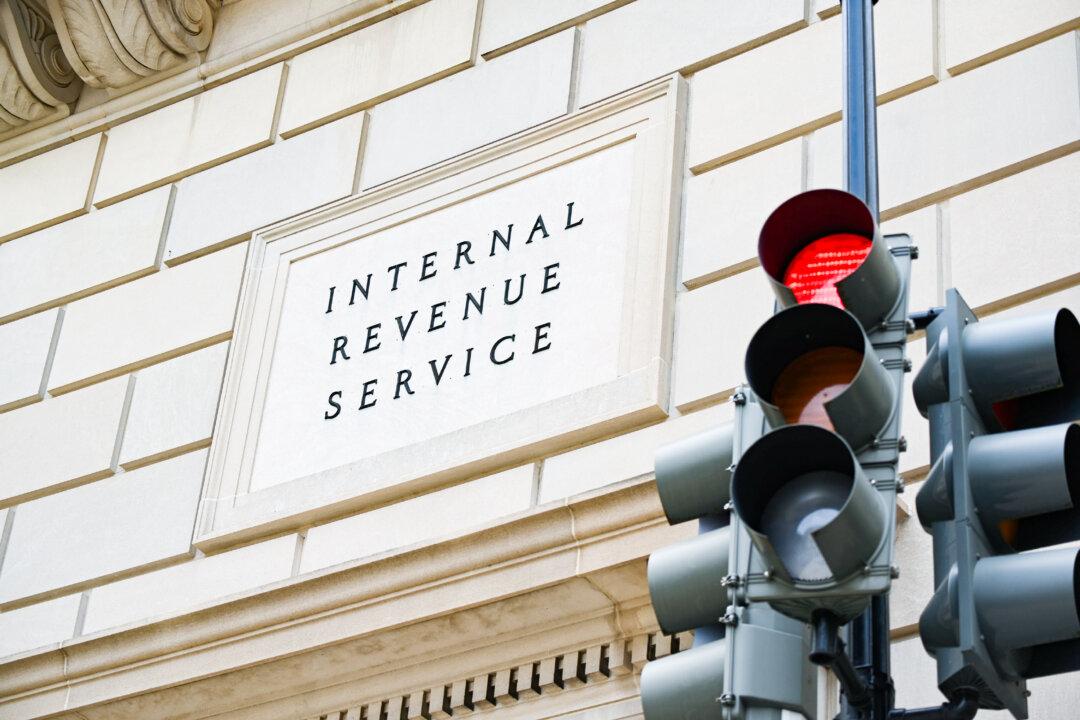The Internal Revenue Service (IRS) has sent out millions of letters demanding payment of taxes owed, with many of them featuring incorrect information.
The IRS said in a statement obtained by The Epoch Times that it had sent taxpayers a number of CP-14 letters—notices that they owe money on unpaid taxes.





